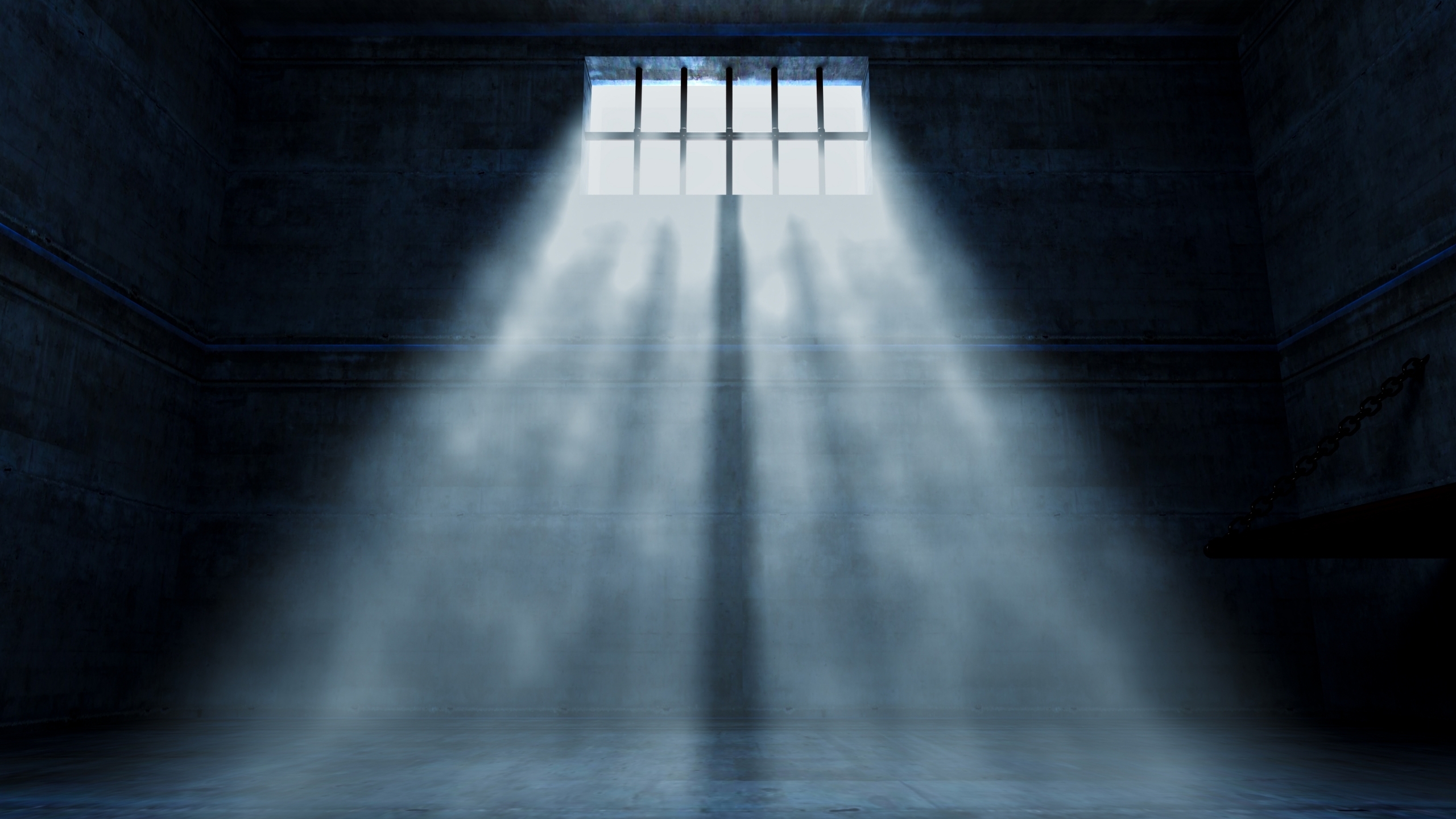This week will undoubtedly see a monumental change in the state’s prison system as the Alabama House and Senate pass legislation that will finance building new correctional facilities and renovate others. In the governor’s call, the Legislature is also summoned to address two sentencing reform measures.
Understanding that buildings are only a beginning and that the reform offerings are a meager substitute for what is needed should be roundly acknowledged.
The state can build dozens of new facilities, spend billions doing so, but without working to confront the underlying failures of the penal and judicial system, this session is merely a tourniquet on a severed artery. The inherent flaws within state prisons and the judicial system must be confronted with a serious and pellucid understanding.
Some Republican lawmakers are balking at proposed sentencing forms while backing over a billion dollars in spending on renovations and new prisons. Their logic in this situation is as foreign as free services at a Montgomery bordello.
In the past, overcrowding was given as the reason for new prisons, but while new facilities are needed, it will not solve the most pressing issues.
There are only two ways to eliminate prison overcrowding: putting fewer individuals in prison or letting more out.
Improving prison facilities is not simply a matter of overcrowding but a human rights issue because the majority of the facilities currently housing incarcerated individuals are unfit for human habitation.
I have toured three Alabama prisons, and they are inhumane by any reasonable understanding of the law.
A prison is a building used to confine those convicted of crimes, which the special session asks lawmakers to address.
The death penalty is the harshest punishment the state imposes. The next is a prison sentence.
In their 2012 essay on The Purpose of Prison, Robert Lingo and Bridget Lott state that prisons are for “rehabilitation, deterrence, incapacitation, and retribution.”
Retribution is punishment for crimes. Incapacitation removes the criminal from society. Deterrence is the hope that punishment might serve to convince others to not offend, and rehabilitation offers programs that will allow an inmate to return to the community as a productive citizen.
There are various thoughts on the purpose of prisons, but Lingo and Lott offer a good jumping-off point.
The state of Alabama is good at retribution, less so at incapacitation, and its efforts at rehabilitation exist but fall woefully short. As for prison as a deterrent, the jury is still out on that one.
Alabama knows how to be tough on crime. The question is, will it learn to be smart on crime?
The U.S. Department of Justice has detailed systemic use of excessive force within Alabama’s prisons for men, and it believes it violates the Eighth Amendment.
The Department of Justice’s Civil Rights Division and the U.S. Attorneys’ Offices for the Northern, Middle, and Southern Districts of Alabama found systemic problems of unreported or underreported excessive uses of force incidents, a failure to properly investigate them, and attempts by correctional officers and their supervisors to cover them up.
An April 2019 DOJ report found that Alabama’s prisons for men were likely violating inmates’ rights to protection from sexual abuse and physical harm.
When an individual enters prison, they lose their freedom, not their humanity. But according to the DOJ in Alabama, they lose both.
The state has custodial care for every incarcerated woman and man in state prison. No one should be raped, beaten, or tortured while under the state’s protection.
Alabama’s prisons are violent, drug-filled, predatory hostels because the prison culture is fostered by indifference, a lack of staffing, and leadership failures.
Drug overdoses have been prevalent in the state’s correctional facilities over the last 18 months, even while outside visitors have been denied access to the building because of COVID-19 restrictions. Who brings in the drugs? Staff.
Gov. Kay Ivey has committed hard work and political capital to bring about the funding for new prisons. She deserves the state’s gratitude. Many others in leadership have contributed to her efforts and they have served the state courageously.
Building new prisons is a necessary start, and the reform measures offered are a good beginning. But lawmakers can’t be allowed to brush aside the other reforms needed because they’ve done this one act of conscience.
Alabama’s prison system was designed for punishment and an economic reward for certain counties. The state must now move beyond that wicked model.
Today, retribution, incapacitation, and rehabilitation deserve attention in equal measure.
If we are to have a safe and civil society, prisons in the 21st Century must be more than a warehouse for “convicts.”
The state can do better. This week’s passage of the prison plan will prove that it can.








































